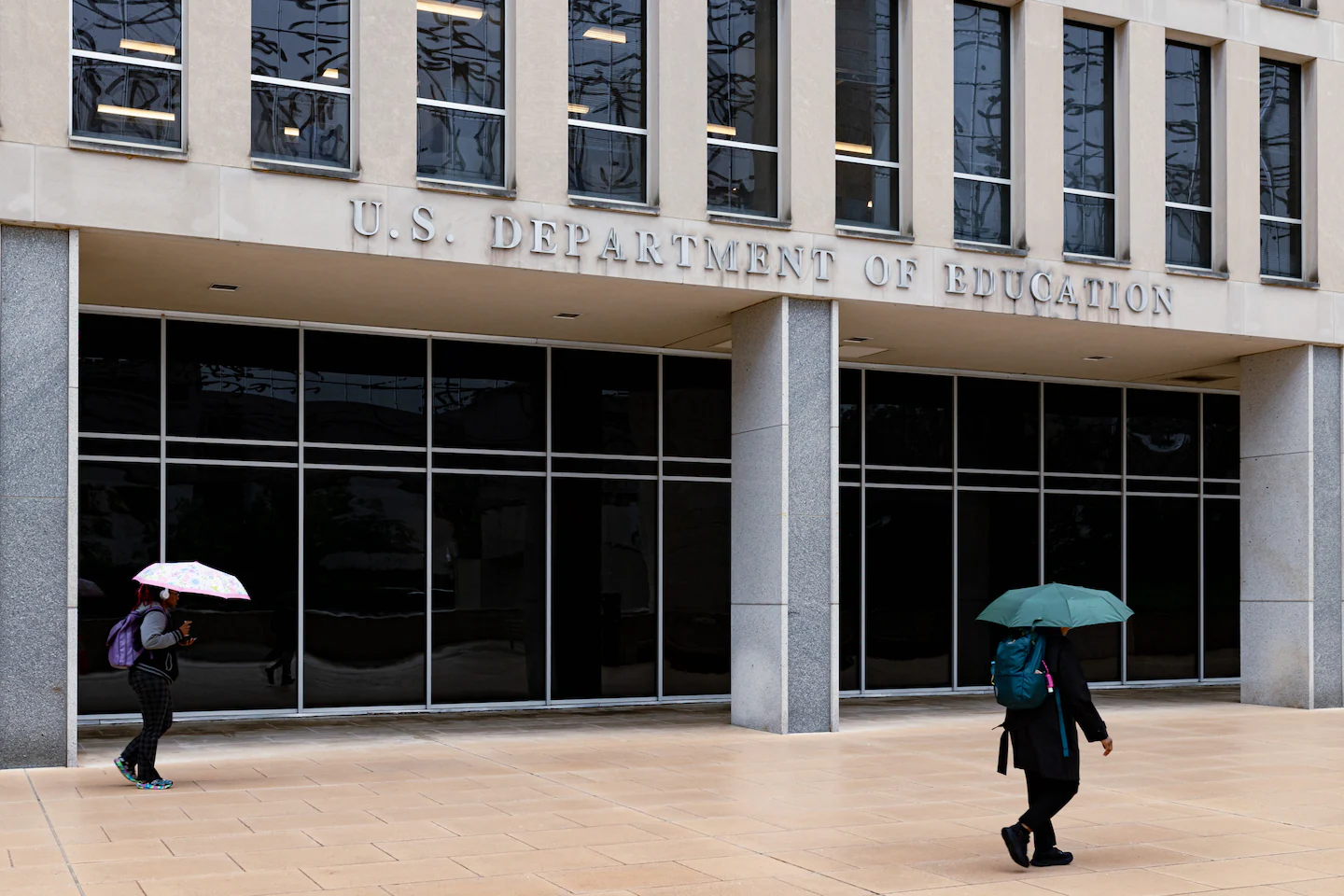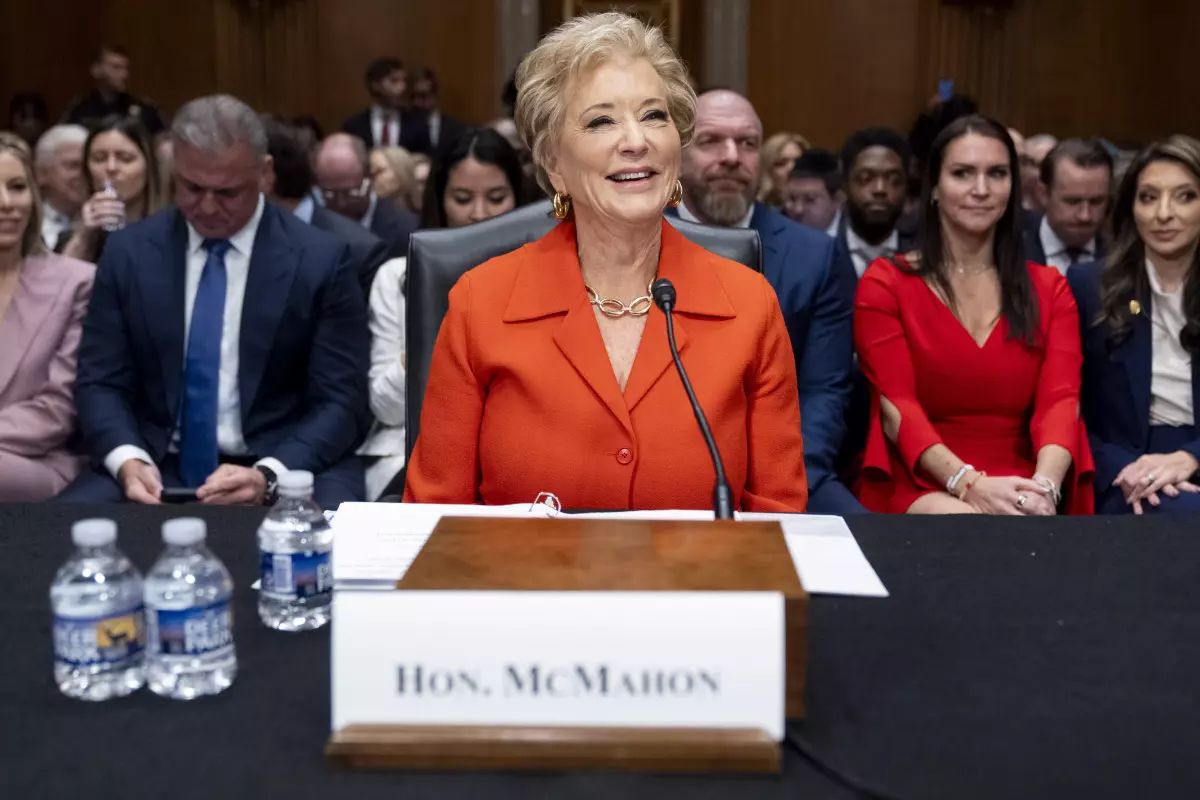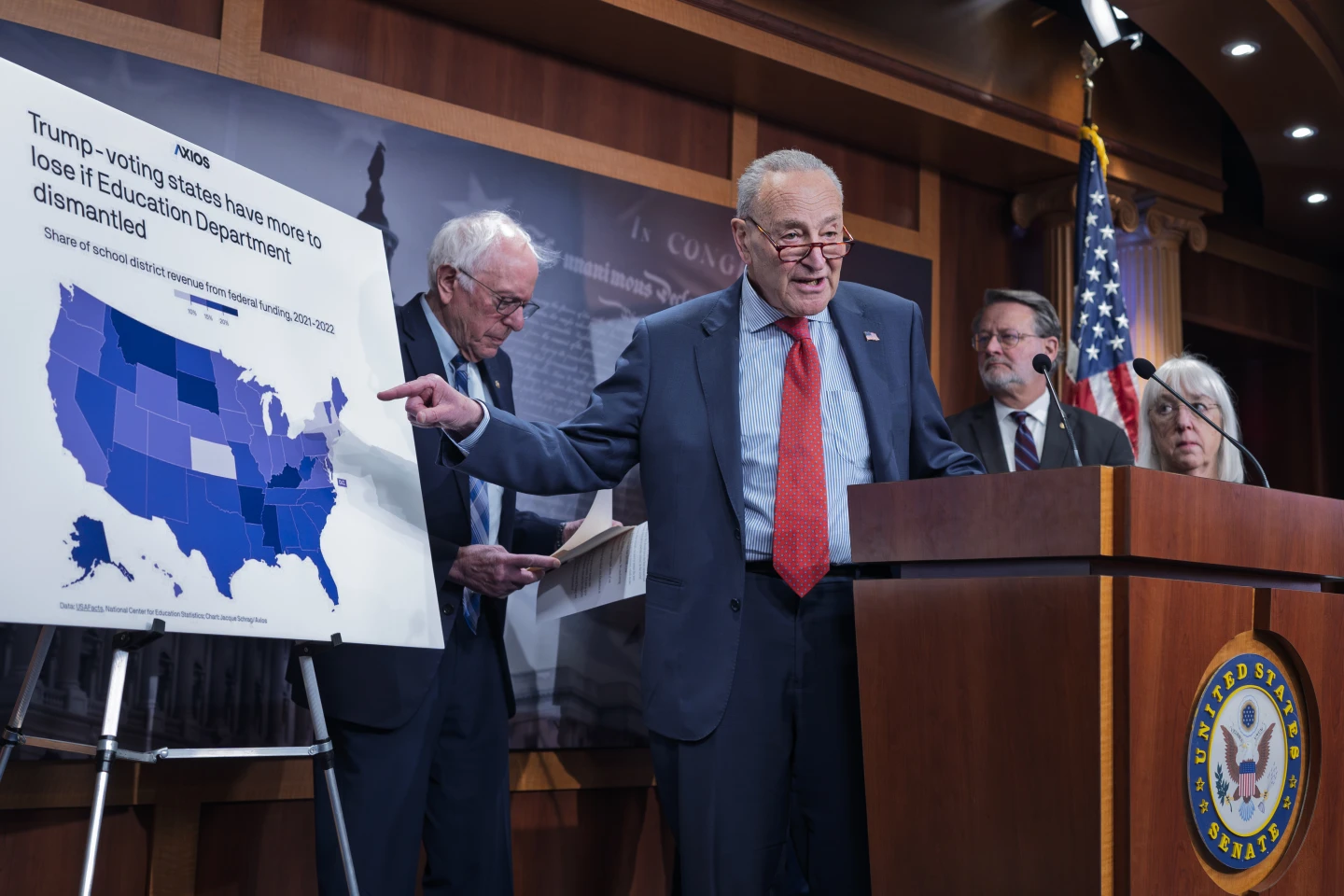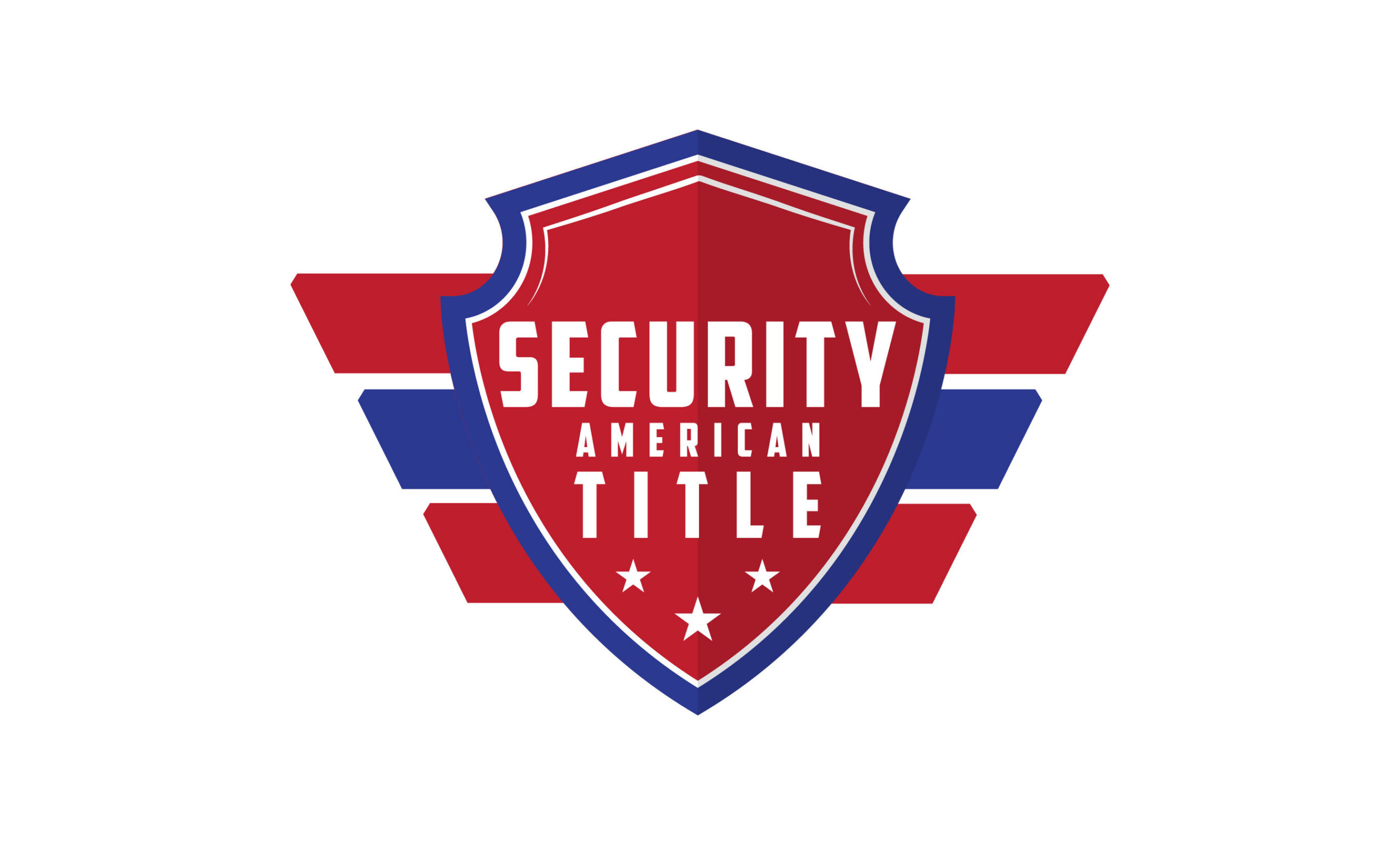
In recent developments, the US Department of Education has taken a firm stance against several school districts in Northern Virginia, signaling a shift in the federal government’s approach to how schools handle LGBTQ+ policies. This move has sparked intense debates across communities, shedding light on the ongoing conflicts between educational autonomy, federal oversight, and societal values. The issue underscores the complex landscape of education policy in a country characterized by diverse opinions on LGBTQ+ rights and inclusion.
Background: The Federal Authority and Local Education Policies
Historically, education policy has largely been a state and local matter, allowing districts to tailor their approaches to community needs. However, federal agencies, particularly the Department of Education, wield influence through funding mechanisms. When policies appear to conflict with federal guidelines or legal standards, the department may threaten to withhold funding, which can significantly impact school districts’ operations.
Recently, several Northern Virginia school districts have implemented or maintained LGBTQ+ policies aimed at promoting inclusivity, safety, and equal rights for students. These policies encompass a range of initiatives—from inclusive curriculum content to protections against discrimination and harassment based on sexual orientation and gender identity. However, some state-level officials and conservative advocacy groups have challenged these initiatives, claiming they conflict with certain legal or moral standards.
The Department of Education’s Response: Threats to Funding
The US Department of Education has publicly signaled its disapproval of these policies, asserting that they potentially violate federal guidelines designed to ensure equitable treatment for all students. According to recent reports, the department has issued warnings that if local school districts do not modify or rescind their LGBTQ+ policies, they risk losing significant federal financial support.
As the “threatened withdrawals” garner media attention, it highlights the federal government’s stance on the matter: prioritizing what it describes as maintaining a standard that aligns with national values. This stance has not only sparked outrage among advocates for LGBTQ+ rights but also elicited support from conservative groups and political figures who emphasize parental rights and traditional values.
Community Reactions and Judicial Perspectives
The community reactions have been polarized:
- Supporters of LGBTQ+ Policies: They argue that these policies are essential for creating safe, inclusive environments where all students can learn without fear of discrimination or harassment. Advocates believe that federal support is vital to uphold these rights, especially in the face of local opposition.
- Opponents of the Policies: Many focus on concerns related to morality, parental rights, and local control. They argue that federal interference undermines community values and the rights of parents to decide what is best for their children.
Legal experts have weighed in on the constitutional and legal aspects, with some suggesting that the federal government may overstep its authority if it forces districts to adopt policies against local norms. Conversely, others emphasize the importance of protecting marginalized students from discrimination, regardless of local or federal disputes.
Implications of the Federal Threat
The possible withdrawal of federal funding has far-reaching implications:
- Financial Impact: Many school districts rely heavily on federal aid for programs, transportation, infrastructure, and operational costs. Losing this support could force reductions in services or program cancellations.
- Precedent for Federal Oversight: These actions could redefine the limits of federal involvement in local education, potentially setting a precedent for future disputes over curriculum and policy choices.
- The controversy feeds into broader national debates on LGBTQ+ rights, education autonomy, and the role of government in local community affairs, contributing to political polarization.
What’s Next? Legal Battles and Public Discourse
As tensions escalate, legal challenges are likely to follow. School districts and advocacy groups may seek injunctions or file lawsuits arguing that federal threats infringe upon local control or violate constitutional rights. Meanwhile, policymakers are divided, with some proposing legislation that would limit federal authority over state and local educational policies.
Public discourse continues to intensify, reflecting deeper societal divisions. Education leaders face the challenging task of balancing inclusion, legal compliance, community values, and political pressures. The situation emphasizes the ongoing struggle to find middle ground—protecting vulnerable students while respecting diverse viewpoints.
Conclusion: Navigating a Divisive Landscape
The US Department of Education’s actions against Northern Virginia school districts mark a pivotal moment in the evolving conversation about LGBTQ+ rights in schools. It underscores the tension between federal authority and local control, moral and legal considerations, and the fundamental rights of students to a safe, inclusive environment.
As this saga unfolds, stakeholders must prioritize dialogue, understanding, and legal clarity. The future of LGBTQ+ inclusion in American schools depends on how communities, governments, and courts can collaboratively address these complex issues.
Final Thoughts
While conversations around education policies can be charged with emotion and ideology, the core aim should remain fostering safe and supportive spaces for all students. It is critical to ensure that policies serve not just compliance but genuinely promote respect, safety, and equality.
For more updated news please keep visiting Prime News World.








